The UK’s decision to leave the EU has had no appreciable impact on the Irish property market to date.

This is not surprising as we remain in the economic equivalent of a ‘phoney war’ in the immediate wake of the formal triggering of Article 50. We do not know how the UK’s negotiations will proceed, while a series of elections in Europe may yet have an impact on the direction of travel.
Brexit must be seen as a potential source of additional office demand as firms could transfer from London to remain within the single market. Although a mass exodus from London is unlikely, Dublin is well placed to secure a reasonable share of any relocations that might occur as, in our view, the city enjoys a number of attractions.
It is English speaking, politically stable and shares a very similar legal system to the UK. It has a large network of supporting professional services that are compatible and familiar with London practices.
Although a mass exodus from London is unlikely, Dublin is well placed to secure a reasonable share of any relocations
Dublin is also very accessible to London and enjoys excellent connectivity with most of Europe. Crucially, many of the firms that might look to relocate already have a presence in Dublin.
The attractiveness of Dublin’s office market can be evidenced by the fact that we fully pre-let our Vertium building in Dublin 4 last year.
UK firms looking to relocate face a dilemma. Firms do not know yet if there will be a hard or a soft exit and whether there will be transitional provisions.
It will be very difficult to commit without such clarity and, depending on the terms of Brexit, relocation may in certain circumstances be unnecessary.
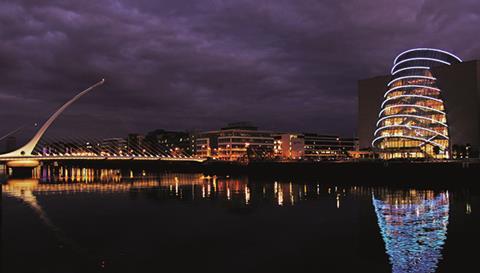
The biggest challenge by far would be a scenario where companies have to relocate in scale and very quickly into a market with constrained supply.
The largest challenge Dublin faces is an acute shortage of residential accommodation to support any additional demand. It is already reaching crisis point and this is matched by a shortage of quality office supply.
Both of these shortages arise from an accumulated backlog of demand and an inability to keep pace with a rapidly growing economy.
These combined may pose a challenge to Dublin’s ability to profit from the dislocation caused by Brexit.







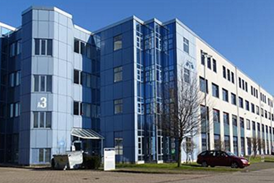
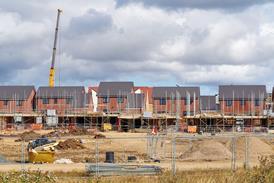
















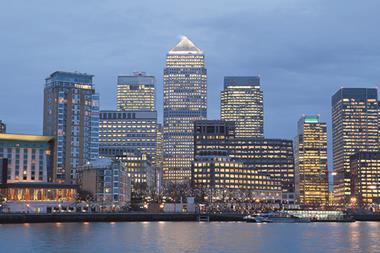

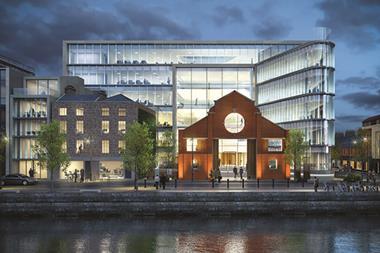
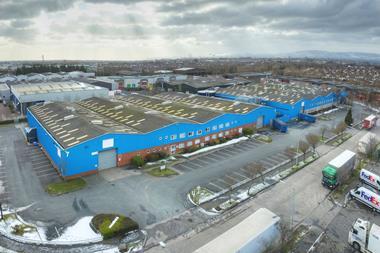

No comments yet